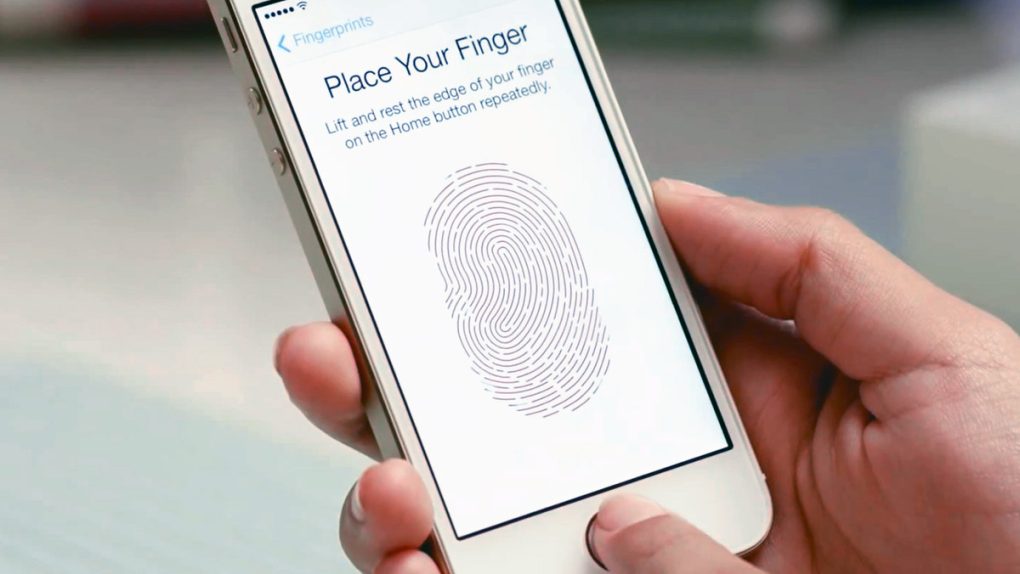Australia is the latest country to seek ways to access information passed between smartphones via encrypted apps, information that might be relevant to criminal investigations and counterterrorism operations. The Australian government wants to be able to spy on encrypted means of communications, whether they’re built in to devices like the iPhone, or apps like WhatsApp, Telegram, and anything else that secures chats and voice calls. But, the Australian government has said it doesn’t want backdoors in iOS! This only proves that governments still fail to grasp how encrypted iPhones work.
Apple top execs met twice with the Turnbull government in Australia, The Sydney Morning Herald explains, as Prime Minister Malcolm Turnbull wants to pass new encryption laws.
Turnbull’s proposed regulations might compel tech companies to provide access to encrypted communications. That’s something Apple can’t offer without backing a back door into iOS. It’s San Bernardino all over again.
Apparently, Apple argued that if it’s compelled to create a back door into iPhones, then everyone’s security is at risk. The company said it provided significant assistance to police agencies during investigations. Apple did the same thing in America, providing user information, the kind of meta data that’s still useful for investigations, and which isn’t protected by encryption.
Turnbull’s government, meanwhile, explicitly said it doesn’t want a back door in iOS encryption, or weaker iOS encryption. But it does want Apple, and any other tech company to provide assistance to law enforcement agencies when that’s needed.
This proves, yet again, that governments have no viable idea of how to tackle this sensitive problem. For the time being, it appears that you can’t have it both ways. It’s either end-to-end encryption which comes with the unwanted side effects like protecting communications between criminals or terrorist organizations. Or it’s weaker encryption, the kind the government can access, and the kind that can be hacked into by anyone with the means to do it.
The Australian government should introduce new encryption laws by the end of the year, and it’ll be interesting to see how it wants to crack into encrypted iPhones.
As for Apple, the company announced at WWDC 2017 that it’s going to continue to protect the user’s privacy when it comes to chats. iMessages synchronized with iCloud will be encrypted with private keys. Currently, Apple could offer law enforcements data from iPhone backups stored in the cloud that aren’t encrypted with unique keys.








